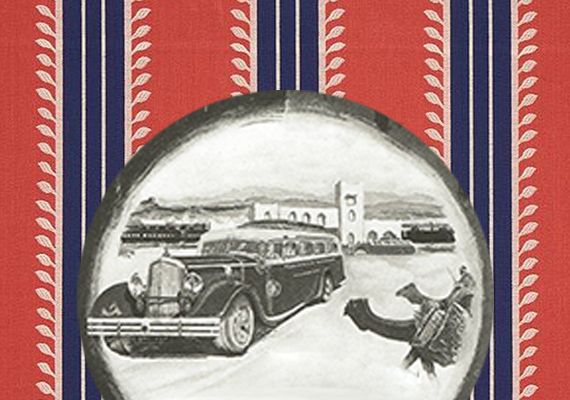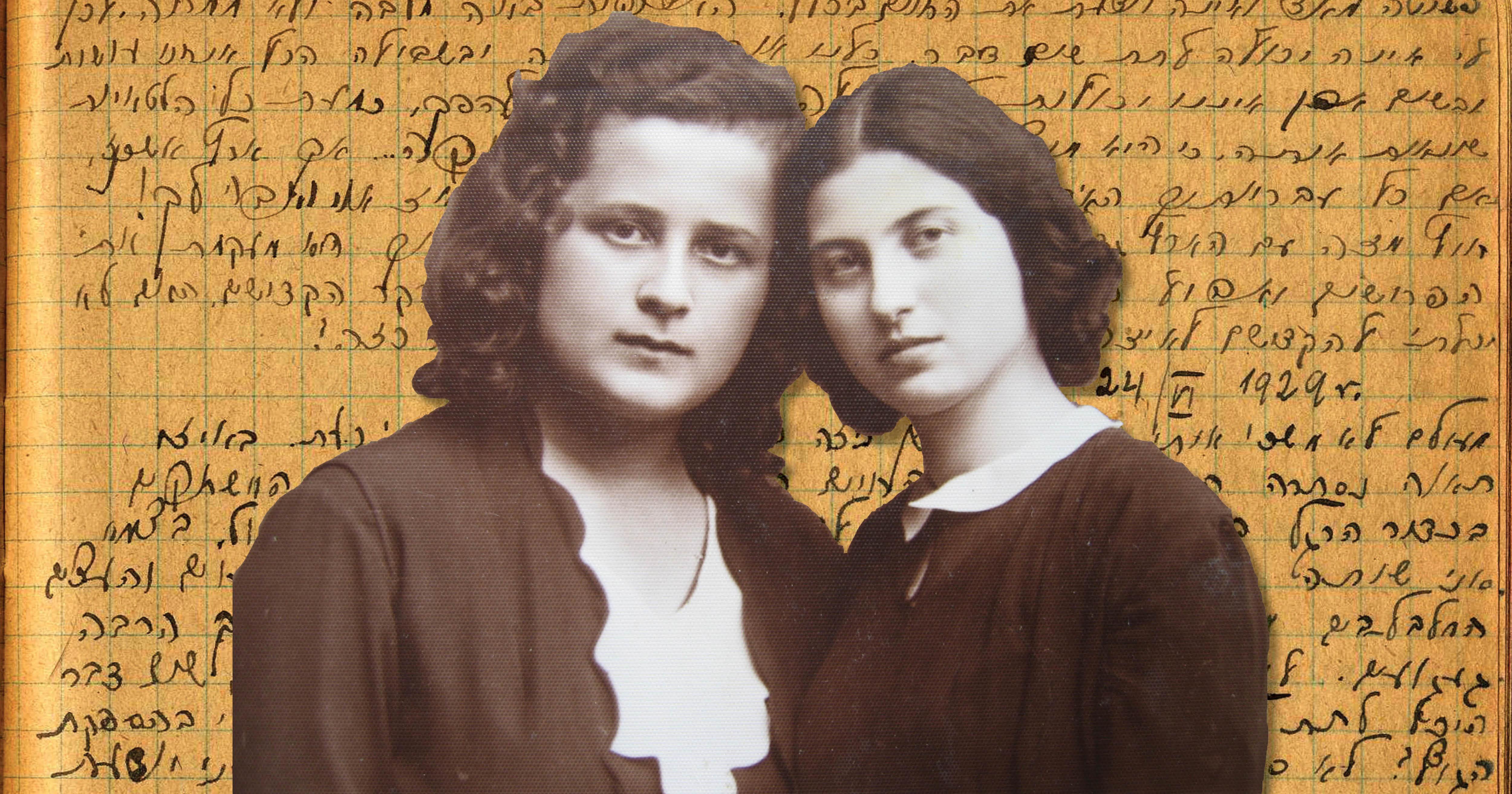New Issue of the Jewish Quarterly Review: Spring 2023
The TOC in Brief

JQR 113.2 is now available, online and in print.
In this issue:
Jonathan Kaplan’s research note suggests that tannaitic legends about Serah, the long-lived daughter of the patriarch Asher, derive from much earlier tradition, likely Second Temple–era in origin.
Benjamin Schvarcz reconstructs a distinctive political theory of the city with a “partnership” concept at its heart through a reading of early rabbinic laws of neighbors. This essay is FREE to read and download without a subscription through July 15, 2023.
Miriam Sklarz points out that Nahmanides’s Torah commentary reveals striking and unusual emphasis on Joseph’s loyalty to his Egyptian master, communicating his sense of the importance and integrity of Jewish courtiers in his own Castille, among whom was his own son.
Yemima Hadad explores the relationship between Buber’s philosophy of history and his theopolitics, showing that Buber’s dialogical history functioned as a critique of the history of victory and power.
Adam Ferziger provides novel insight into Ben-Gurion’s late relationship with American Jewry through a close look at the Israeli premier’s visit to several U.S. university campuses in 1960, contending that it was part of an effort to promote fresh interest in immigration to Israel. This essay is FREE to read and download without a subscription through July 15, 2023.
Yael Levi highlights connections between the American Hebrew and Yiddish presses in the late nineteenth century, arguing that newspapers written in the Hebrew alphabet developed in tandem, often under the same business aegis, and experienced parallel challenges and patterns of growth.
Nitzan Lebovic’s review essay reflects on myth and antisemitism in recent books by Paul Hanebrink, Elad Lapidot, Ole Jakob Løland.
*The most recent four years of JQR are distributed online to subscribers exclusively through Project Muse.
As always, see jqr.pennpress.org to subscribe and get access to all 130 years of JQR content



